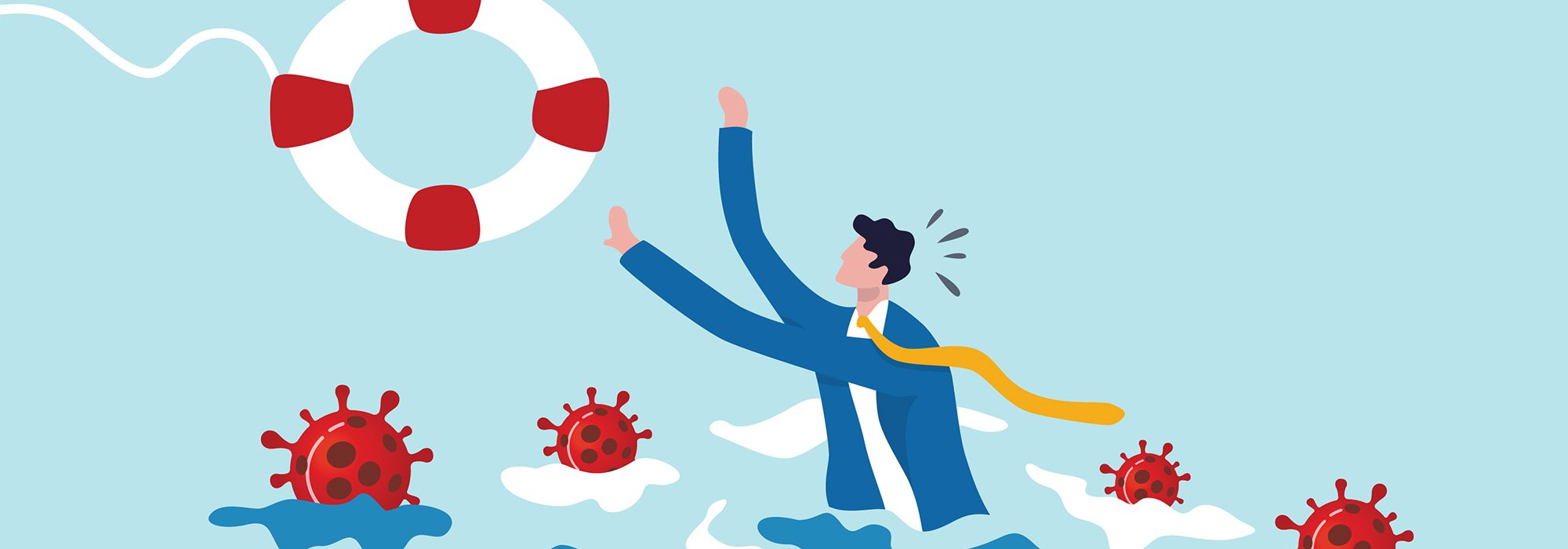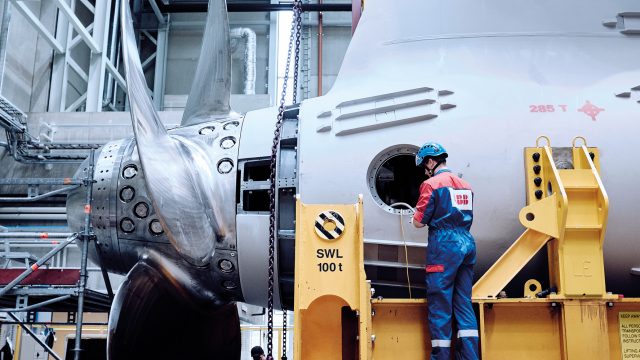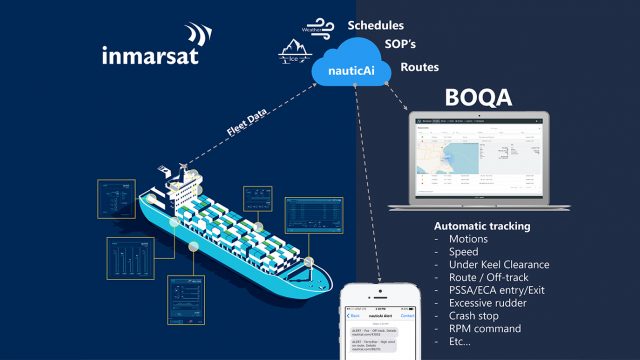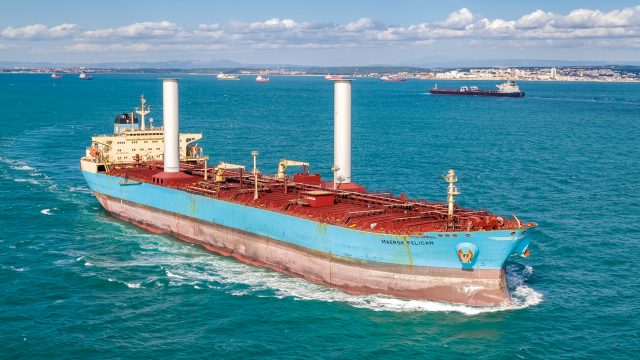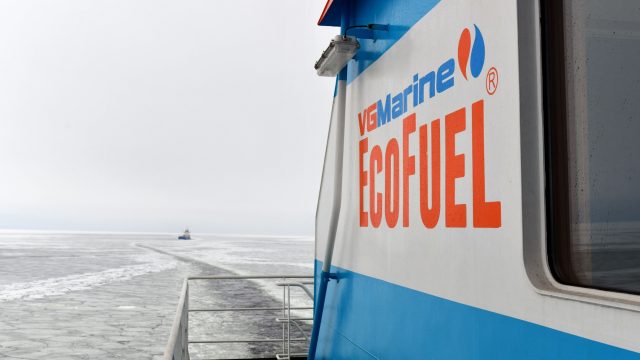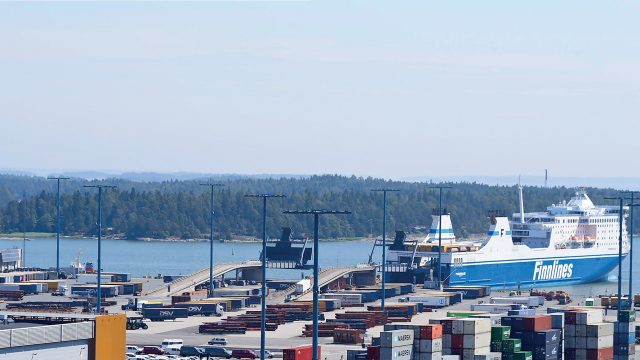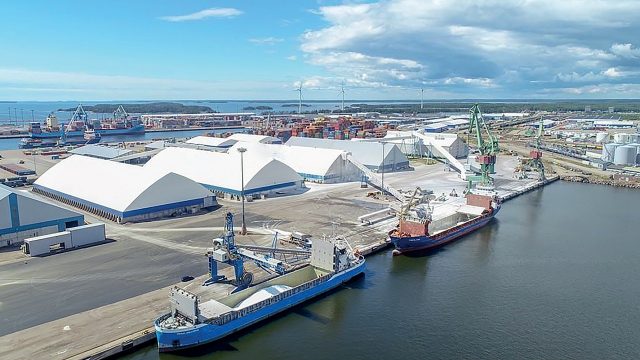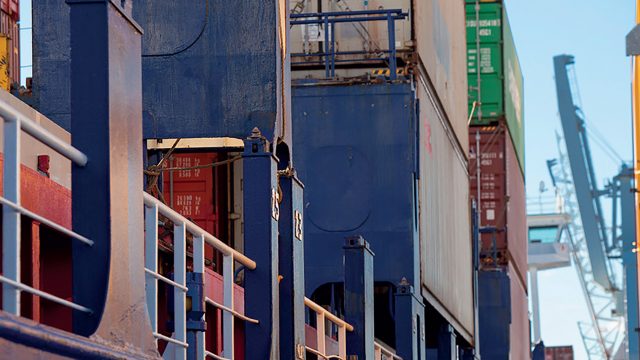Times have been tough for whole maritime industry since the beginning of Covid-19. Åland-based Rederi Ab Eckerö was forced to close one route completely and reduce third of the personnel. ”Traffic on Birka Cruises from Mariehamn to Stockholm stopped in the middle of March. Mostly because of this we have had to cut down our workforce by around 400 people,” says Björn Blomqvist, Managing Director of Rederi AB Eckerö.
Eckerö also closed company’s Stockholm office and made further reductions on head office in Mariehamn. The passenger route Eckerö Linjen which runs from Eckerö to Grisslehamn was closed from 15th of March to 25th of June. The route between Helsinki and Tallinn has operated uninterrupted. Eckerö Line receives state support for the route as it is deemed essential for freight deliveries.
Better news on cargo
On cargo side pandemic has affected on lower degree. During the winter Eckerö’s cargo ship m/s Finbo Cargo went under refurbishment in Landskrona. The vessel was upgraded to an Ice Class program and is now better equipped to handle ice conditions on Baltic Sea. Finbo returned to traffic between Vuosaari (Helsinki) and Muuga (Tallinn) in the beginning of April.
Björn Blomqvist says that cargo route betweenVuosaari and Muuga has been very successful. Three new departures were recently added to the route.
”Naturally the loss of private passengers has had negative effect on route but the effect has been small compared to the situation on Helsinki-Tallinn passenger ferry m/s Finlandia.”

Blomqvist is also pleased that Vuosaari harbour got a new gate on summer. New gate eases the departure for the passenger cars.
”There’s also constructions in Muuga with new roro facility and the next step is to build double ramps.
So things are developing. Of course there’s less traffic at the moment but when the pandemic will be under control the volume will come back.”
Sustainable solutions needed Even though survival in pandemic crisis has taken all
the company’s resources Blomqvist emphasizes importance of sustainability. Energy solutions for fleet is one of the big questions for future. ”Climate change is the biggest challenge for which we’ll need plans. We can’t solve it on our own and we need to cooperate with suppliers. Help from the state will also be needed.”
Blomqvist believes that company will need at least two fuel solutions. On shorter distances such as Eckerö-Grisslehamn electric battery solution could be feasible. Longer routes require non-fossile combustion fuel solution. Hydrogen fuel is one alternative but Blomqvist wishes for more conventional combustion fuel.
He notes that liquid fuels have many advantages and some kind of synthesized combustion fuel solution could be the thing. That would be easier to use by modifying current engines and also less challenging to scale up for wider use.
”We are very interested in battery technology and also looking at Power-to-X. It is challenging as we haven’t got enough capacity to product bio-fuel. We will also need solar, wind and probably nuclear energy to supply the amount of electricity needed to produce the synthesized climate neutral combustion fuels.”
Blomqvist doesn’t think that demands for environmentally conscious solutions in transport are too strict. However, regulations could be more straightforward. He says that on detailed and regional level you have to be very careful with regulations as they can be counterproductive when it comes to competitiveness. He also points out one oddity. Eckerö has a small bus company that runs local buses. Now EU demands that 20 percent of company’s buses have to be electric.
”Why EU chooses the form of energy? Why don’t they just demand it has to be carboneutral? That is frustrating.”
Priority in survival
Now we are in the midst of second wave of pandemic. It seems to hit at least as hard as the first one and restrictions for travelling will make it tough for passenger ferry companies.
”Now our priority is to survive. It’s very challenging situation and we are depending on state aid. So far we’ve managed to handle it with 15 millions of extra funding, says Blomqvist.”
He notes that on third quarter Eckerö made very small profit but the last quarter of the year goes below zero. As whole 2020 will be the year of heavy losses.
”We will have to keep moving but next year will also mean low-cost culture. When pandemic will be over, we can go planning ahead.”
Blomqvist remarks that although pandemic has been harsh something good can come out of it. Company has received different kinds of support and it has been able to postpone payments of government fees and tax. Blomqvist also adds that trade unions have been very cooperative during the crisis.
”In these times of crisis we’ve seen that when you ask for help, people are prepared to help. Maybe we ask that too rarely. Maybe learning this is the one good thing coming out of this pandemic.”
TEXT TOMI KANGASNIEMI

